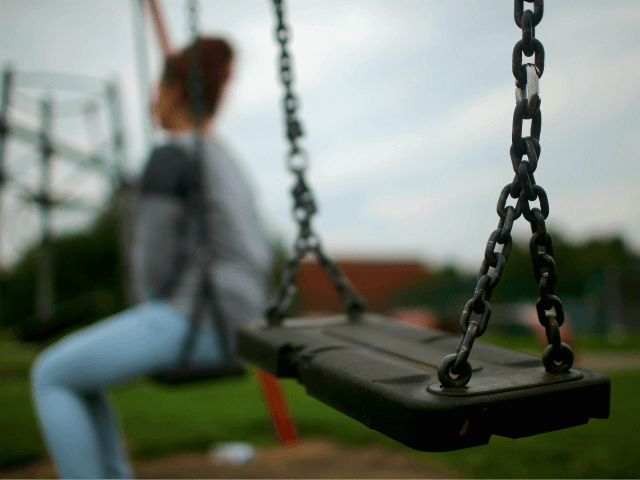Institutions are putting their reputations above the safety of vulnerable children who are being sexually exploited, an inquiry has found.
“The inquiry considers that all too often institutions are prioritising the reputation of political leaders or the reputation of their staff, or avoiding legal liability, claims or insurance implications, over the welfare of children and tackling child sexual abuse,” an interim report by the Independent Inquiry into Child Sexual Abuse (IICSA) has found.
The IICSA is examining cases of sexual abuse by “people of public prominence” in Westminster and any potential cover-ups; mass child sexual exploitation (CSE) by Muslim grooming gangs; abuse of children during the post-WW2 child migration programme; and child abuse in the Roman Catholic and Anglican churches, children’s homes, and other authorities.
The interim report, published Wednesday, found that many respondents to the Inquiry’s Truth Project said they have “frequently stated that institutions deny responsibility for, or knowledge of, the abuse they suffered”.
With regards to allegations of abuse against boys in Rochdale – after 40 men said they were attacked at Knowl View school, Cambridge House hostel, and elsewhere in the town between the early 1960s and mid-1990s – the Inquiry heard “senior leaders deny any responsibility for the lack of effective response to the sexual abuse of vulnerable boys.
“This was despite compelling evidence and testimony indicating that they were aware that abuse was taking place,” the report noted.
Some victims also told the inquiry that their abusers were people with “powerful friends and considerable influence” and “pillars of the community” and as such, child abuse was an unchallenged “open secret”.
“The person I have described was well respected and a pillar of the local establishment ‒ a
Headmaster, Justice of the Peace and Freemason,” one male victim told the “Have Your Say” section of the Truth Project.
“It was an open secret that he molested the boys in his charge. But like Jimmy Savile, he hid in plain sight,” the abuse survivor said.
“Anyone who might have objected to his behaviour would have had the daunting task of taking on someone with powerful friends and considerable influence. All child molesters are lowlifes. But some are lowlifes in high places.”
The interim report also found that, like with victims of Muslim grooming gangs in Telford, Rotherham, and Rochdale, victims were sometimes considered complicit in their own abuse and even called prostitutes.
“Children are still accused of ‘child prostitution’, ‘risky behaviour’ and ‘promiscuity’ and, as a result, continue to feel blamed or responsible for the sexual abuse they have suffered rather than being the victims of serious criminal acts,” the report says.
According to some 1,000 victims and survivors who have already spoken to the Inquiry’s Truth Project, just over half of the victims were female and 94 per cent of all victims were sexually abused by men.
Approximately six in ten (61 per cent) said they were first abused when they were between four to 11 years old. Over one third (36 per cent) had been abused multiple times involving more than one perpetrator or institution.
Ten per cent of females said they had become pregnant as a result of their abuse.
There are a further eight public hearings in the next 12 months as the Inquiry progresses, with a full report expected by 2020.
The IICSA interim report was published the same day that the Independent Office for Police Conduct (IOPC) announced that they had identified “potential misconduct” into South Yorkshire Police’s response to allegations of child abuse and Muslim grooming gangs in Rotherham and were overseeing 98 separate investigations.

COMMENTS
Please let us know if you're having issues with commenting.